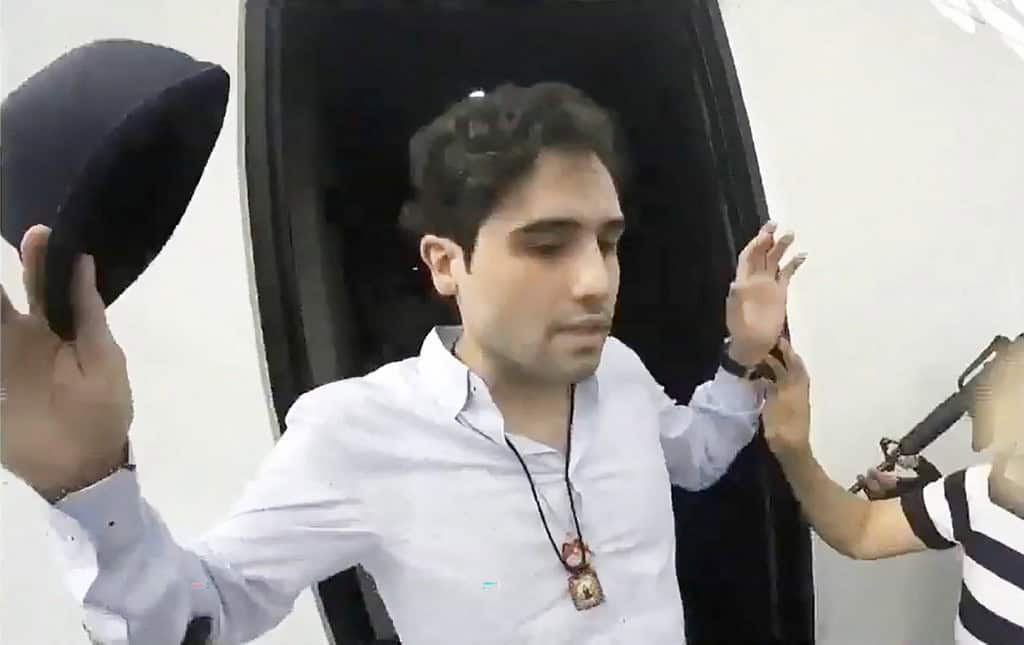Ovidio Guzman, the son of drug trafficker “El Chapo,” admitted to U.S. justice that Costa Rica was used by the Sinaloa Cartel as a transit route for drug shipments. He detailed how the country fit into the drug trafficker’s regional logistics, along with other Central and South American nations.
Guzman and others coordinated activities to import drug precursor chemicals from countries in Central and South America, including Colombia, Ecuador, Venezuela, Peru, Panama, Costa Rica, Honduras, and Guatemala, into Mexico, using various means, including cargo planes, private planes, submarines, container ships, fast boats, fishing vessels, buses, trains, trucks, automobiles, and private and commercial carriers.
This information was disclosed in the plea agreement between U.S. Attorney for the Northern District of Illinois Andrew S. Boutros, U.S. Attorney for the Southern District of California Adam Gordon, the Narcotics and Dangerous Drugs Section of the Criminal Division of the U.S. Department of Justice, defendant Ovidio Guzman, and his attorney Jeffrey Lichtman.
Earlier this month, Ovidio Guzman pleaded guilty in federal court in Chicago, Illinois, as part of a plea agreement. In his confession, Guzman Lopez revealed details about the Sinaloa Cartel’s transnational operations that directly involved Costa Rica. According to the court document, the cartel coordinated the importation of large shipments of cocaine, heroin, methamphetamines, marijuana, and precursor chemicals from Central and South American countries to Mexico.
Costa Rica is specifically listed among those points of origin or transit. In his statement, Guzman further admitted, among other points, that from at least 2014 through 2023, he and his brothers led the Sinaloa Cartel, including its fentanyl trafficking operation. They employed individuals who oversaw manufacturing and distribution in Mexico and imported thousands of kilograms of fentanyl powder and hundreds of thousands of fentanyl pills into the United States.
In practice, Costa Rica would have served as a strategic transit point in the movement of South American cocaine and other narcotics to Mexico, fulfilling a similar role to that of its neighbors on the isthmus. Costa Rica’s inclusion in Guzman Lopez’s confession is not an isolated event but part of a pattern that encompasses much of Central America. This places the country firmly within the map of drug trafficking routes outlined by the Sinaloa Cartel.






